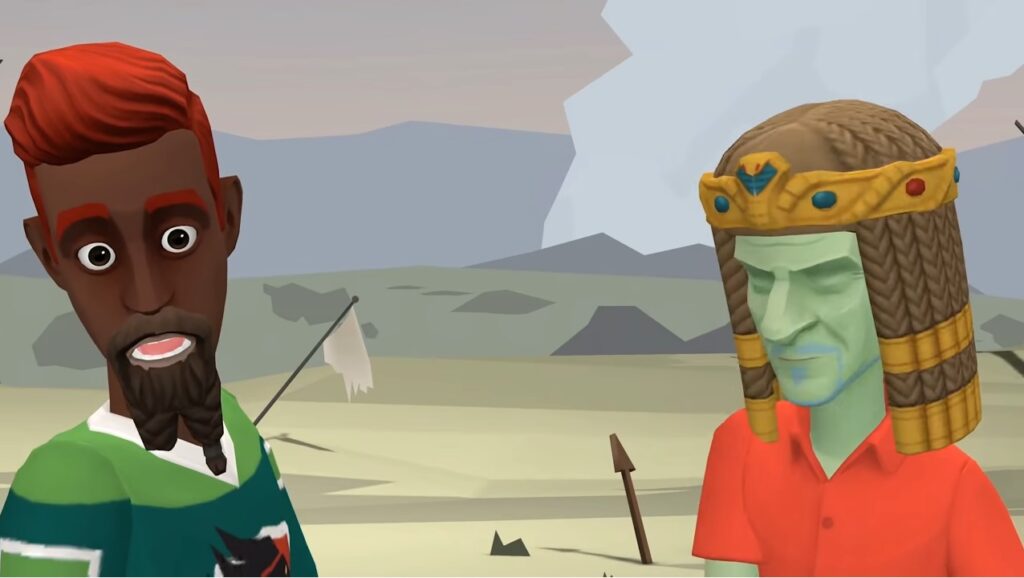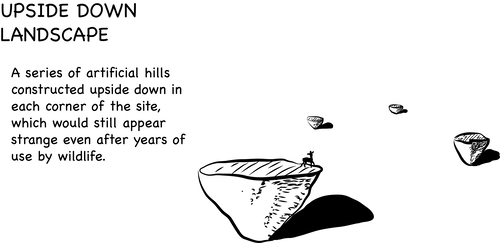Tracy Durnell’s post about blogrolls really spoke to me. Like her, I used to think of a blogroll as a list of people you know personally (who happen to blog)1, but the number of bloggers among my immediate in-person circle of friends has shrunk from several dozen to just a handful, and I dropped my blogroll in around 2008.

But my connection to a wider circle has grown, and like Tracy I enjoy the “hardly strangers” connection I feel with the people I follow online. She writes:
While social media emphasizes the show-off stuff — the vacation in Puerto Vallarta, the full kitchen remodel, the night out on the town — on blogs it still seems that people are sharing more than signalling. These small pleasures seem to be offered in a spirit of generosity — this is too beautiful not to share.
…
Although I may never interact with all the folks whose blogs I follow, reading the same blogger for a long time does build a (one-sided) connection. I may not know you, author, but I am rooting for you. It’s a different modality of relationship than we may be used to in person, but it’s real: a parasocial relationship simmering with the potential for deeper connection, but also satisfying as it exists.
My first bloggy pan pal, Colin Walker, who I started exchanging emails with earlier this month, followed-up on this with an observation that really gets to the heart of the issue (speaking as somebody who’s long said that my blog’s intended audience is, first and foremost, me):
At its core, blogging is a solitary activity with many (if not most) authors claiming that their blog is for them – myself included. Yet, the implication of audience cannot be ignored. Indeed, the more an author embeds themself in the loose community of blogs, by reading and linking to others, the more that implication becomes reality even if not actively pursued via comments or email.
To that end: I’ve started publishing my blogroll again! Follow that link and you’ll see an only-lightly-curated list of all the people (plus some non-personal blogs, vlogs, and webcomics) I follow (that have updated their feeds within the last year2). Naturally, there’s an OPML version too, and I’ve open-sourced the code I used to generate it (although I can’t imagine anybody’s situation is enough like mine for it to be useful).
The page is a little flaky and there’s things I’d like to do to improve it, but I’d rather publish a basic version now and then come back to it with my gardening gloves on another time to improve it.
Maybe my blogroll has some folks on that you might recognise? Or else: maybe you’re only a single random-click away from somebody new you never heard of before!
Footnotes
1 Possibly marked up with XFN to indicate how you’re connected to one another, but I’ve always had a soft spot for XFN.
2 I often retain subscriptions to dormant feeds and it sometimes pays-off, e.g. when I recently celebrated Octopuns’ return after a 9½-year hiatus!

